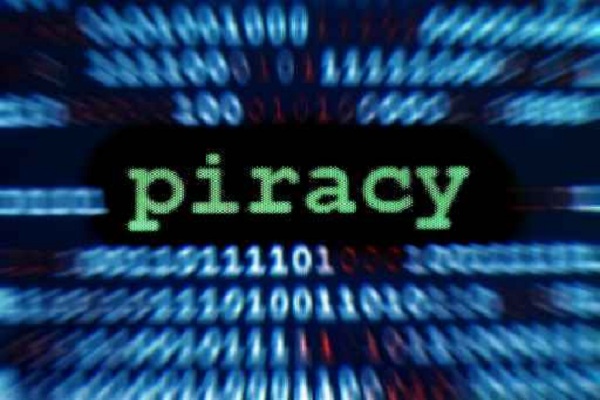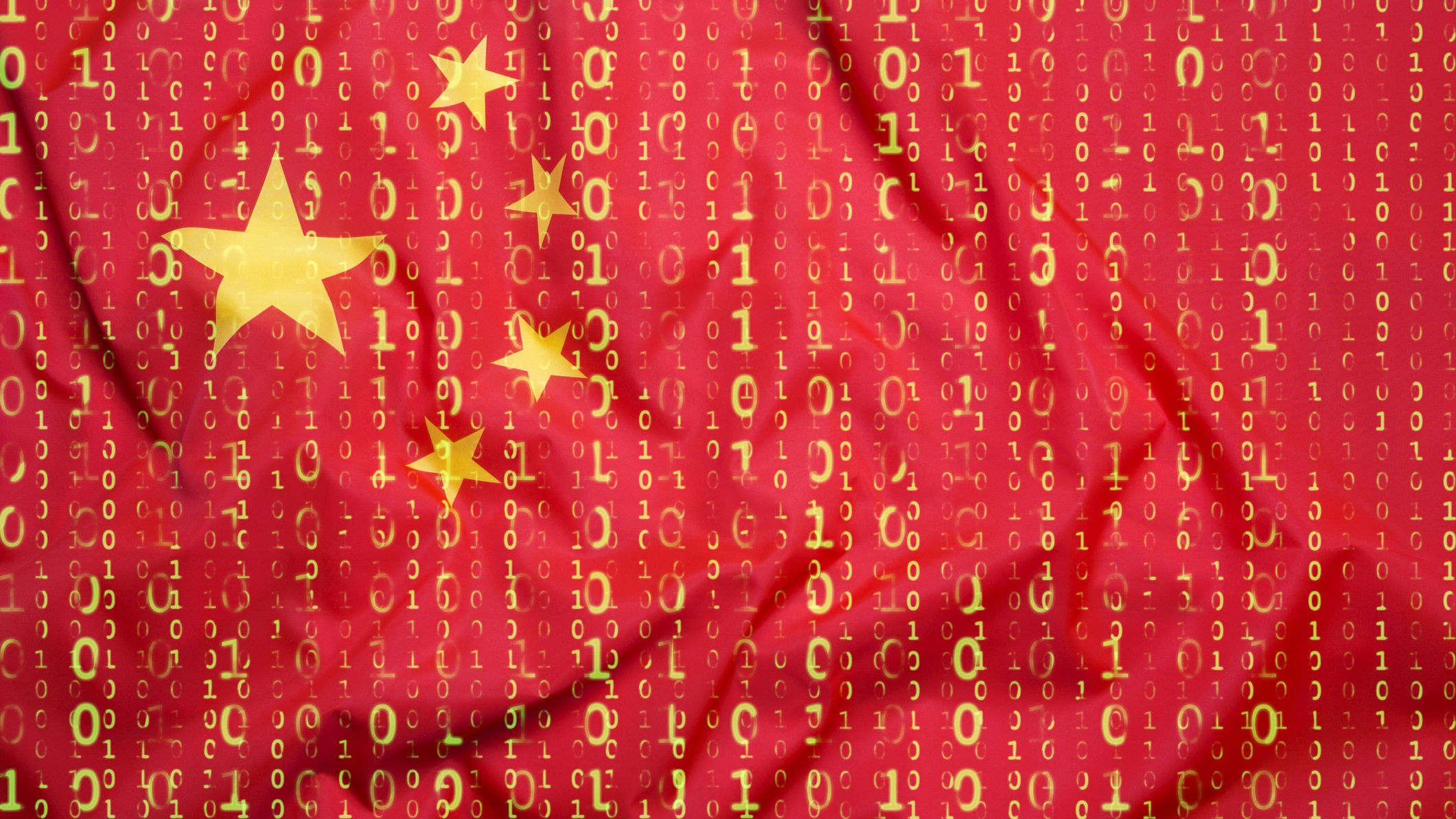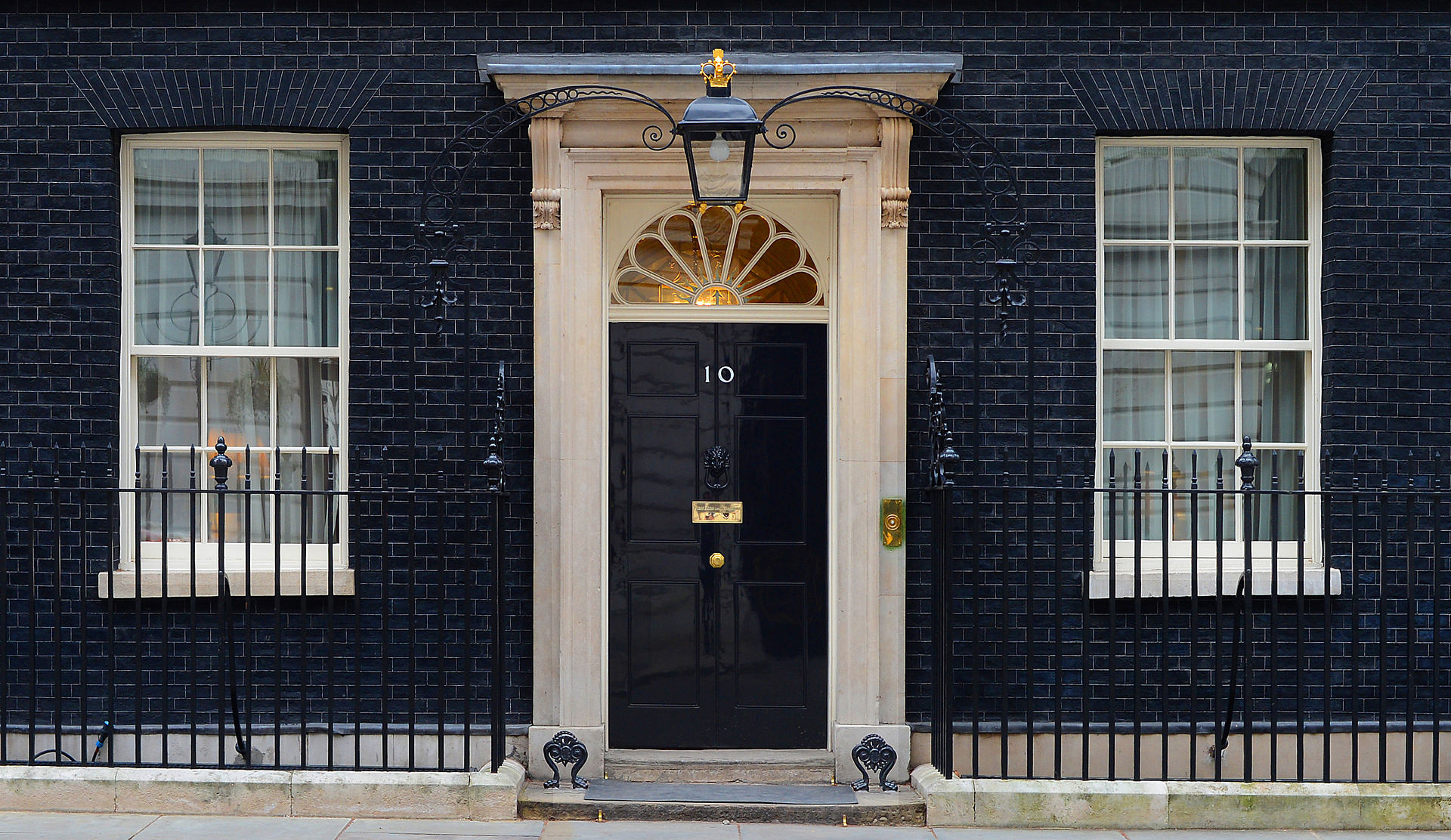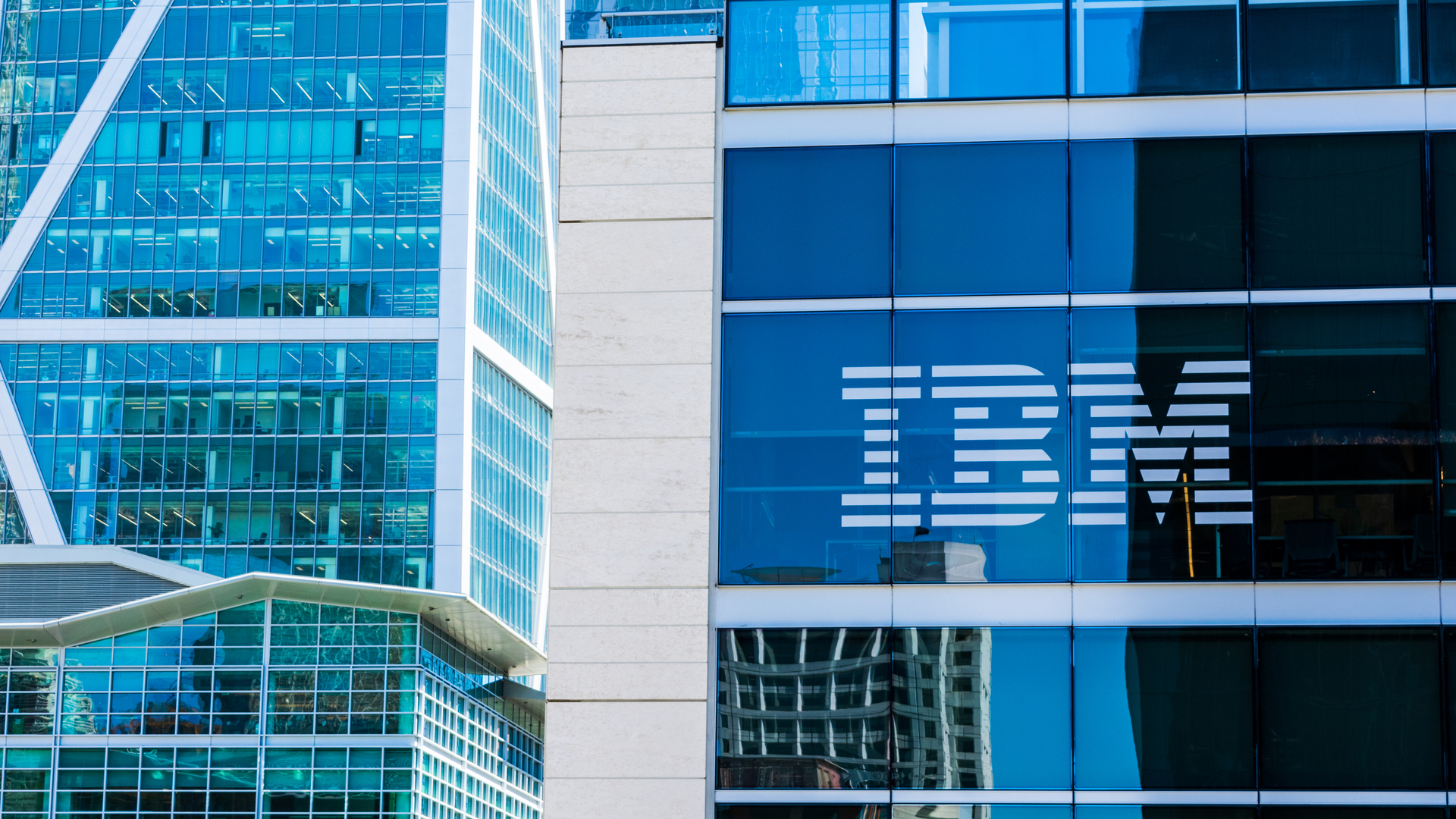US ISPs begin 'Six Strikes' piracy alert campaign
ISPs become "judge, jury and executioner", according to rights group.


Five of the major ISPs in the US have begun a 'Six Strikes' policy against users they deem have committed copyright infringement.
The system is the brainchild of the Center for Copyright Information (CCI). This umbrella organisation comprises of five of the US's biggest ISPs - AT&T, Cablevision, Comcast, Time Warner Cable and Verizon as well as the Recording Industry Association of America (RIAA) and Motion Picture Association of America (MPAA).
The system works by serving suspected copyright infringers warnings. After six such warnings, ISPs will limit but not cut off a suspect's internet access.
"Our content partners will begin sending notices of alleged peer-to-peer copyright infringement to ISPs, and the ISPs will begin forwarding those notices in the form of copyright alerts to consumers," CCI's executive director Jill Lesser said in a blog post.
"Most consumers will never receive alerts under the program. Consumers whose accounts have been used to share copyrighted content over P2P networks illegally (or without authority) will receive alerts that are meant to educate rather than punish, and direct them to legal alternatives," she added.
However, civil rights groups have branded the scheme tantamount to ISPs acting as "judge, jury and executioner".
"These mega-corporations now claim the authority to undermine your Internet access - and want to serve as judge, jury, and executioner," said activist organisation Demand Progress. "Tell them to back off - or that you'll start looking for other places to bring your business."
Get the ITPro daily newsletter
Sign up today and you will receive a free copy of our Future Focus 2025 report - the leading guidance on AI, cybersecurity and other IT challenges as per 700+ senior executives
Other organisations have raised concerns about the scheme. The Electronic Frontier Foundation (EFF) said such a scheme would undermine the open Wi-Fi movement, " even though open wireless is widely recognized to be tremendously beneficial to the public."
It said an independent body should be in charge of vetting the process.
In the UK, Ofcom's draft code would see users with three strikes within 12 months have anonymous information collected about the which would then be sent to copyright holders. These holders could then seek a court order to find out the identities of the suspected infringer.
The policy had been due to come into force March next year, but was delayed by a House of Lords committee that questioned whether the code, as part of the Digital Economy Act, compiled with Treasury rules.
Rene Millman is a freelance writer and broadcaster who covers cybersecurity, AI, IoT, and the cloud. He also works as a contributing analyst at GigaOm and has previously worked as an analyst for Gartner covering the infrastructure market. He has made numerous television appearances to give his views and expertise on technology trends and companies that affect and shape our lives. You can follow Rene Millman on Twitter.
-
 Should AI PCs be part of your next hardware refresh?
Should AI PCs be part of your next hardware refresh?AI PCs are fast becoming a business staple and a surefire way to future-proof your business
By Bobby Hellard
-
 Westcon-Comstor and Vectra AI launch brace of new channel initiatives
Westcon-Comstor and Vectra AI launch brace of new channel initiativesNews Westcon-Comstor and Vectra AI have announced the launch of two new channel growth initiatives focused on the managed security service provider (MSSP) space and AWS Marketplace.
By Daniel Todd
-
 New Ofcom guidelines show it’s getting tougher on big tech
New Ofcom guidelines show it’s getting tougher on big techNews New Ofcom guidance outlining its plans for the Online Safety Act show the regulator is toughening up on big tech.
By Emma Woollacott
-
 Ofcom’s draft guidelines on illegal online content set stringent rules for big tech
Ofcom’s draft guidelines on illegal online content set stringent rules for big techNews The codes of practice gives an insight into what the Online Safety Act will mean in practice
By Ross Kelly
-
 UK gov urged to ease "tremendous" and 'unfair' costs placed on mobile network operators
UK gov urged to ease "tremendous" and 'unfair' costs placed on mobile network operatorsNews Annual licence fees, Huawei removal costs, and social media network usage were all highlighted as detrimental to telco success
By Rory Bathgate
-
 UK regulator to investigate Amazon, Microsoft, Google cloud services competition
UK regulator to investigate Amazon, Microsoft, Google cloud services competitionNews The regulator is hoping to publish a final report, including its concerns or proposed recommendations, within 12 months
By Zach Marzouk
-
 Truss seeks last-ditch SoftBank meeting over Arm IPO
Truss seeks last-ditch SoftBank meeting over Arm IPONews Gov said to want a dual New York-London listing, at the very least
By Bobby Hellard
-
 MI5 and FBI warn businesses over mass Chinese IP theft
MI5 and FBI warn businesses over mass Chinese IP theftNews The security services urged organisations to consolidate security practices and approach Chinese business relationships with caution
By Rory Bathgate
-
 Internet providers look to ease cost of living crisis with cheaper broadband
Internet providers look to ease cost of living crisis with cheaper broadbandNews Social tariffs could get slashed to help poorest in society
By Rene Millman
-
 IBM sues LzLabs for alleged patent infringement
IBM sues LzLabs for alleged patent infringementNews The Swiss-based company is also alleged to have swindled IBM's trade secrets to reap profits
By Praharsha Anand